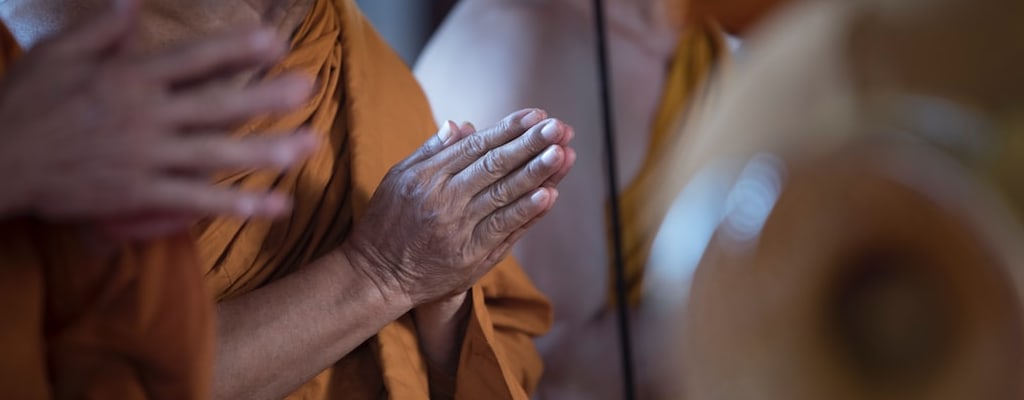make believe: Idiom Meaning and Origin
What does ‘make believe’ mean?
The idiom make believe means to pretend or act as if something is true when it is not.

Idiom Explorer
The idiom "suspend one's disbelief" means to temporarily accept something as true or real, even though it may be unlikely or not based in reality.
The idiom "ring false" means that something seems insincere or not genuine. It refers to a feeling that a statement or situation is untrue or artificial.
The idiom "pull someone's leg" means to play a practical joke or tease someone in a light-hearted way, often by making them believe something that is not true.
An idiom meaning to improvise or make up something without any basis or evidence.
The idiom "play the fool" means to act silly or foolish, often for amusement or as a way to hide one's true thoughts or intentions.
The idiom "play games" means to behave in a deceptive or manipulative way, often for personal gain or advantage.
The idiom "play along" means to pretend to agree or go along with something, usually for the sake of keeping the peace or avoiding conflict.
The idiom "make light of" means to minimize or downplay the importance or seriousness of something.
Idiom: make happen
Meaning: to cause or bring about a desired outcome or result
The idiom "make game of" means to mock or ridicule someone or something in a light-hearted or playful manner. It implies making fun of someone or something without being overly harsh or hurtful.
The Illusion of imagination
The idiom "make believe" is a commonly used expression in the English language. It carries a figurative meaning and is often used to describe a situation where someone pretends or imagines something that is not real. The origins of this idiom can be traced back to the late 17th century. The specific origin or creator of this idiom is unclear and remains a topic of speculation.
One possible explanation of the idiom's origin is that it emerged from the concept of "making belief." In early English, "belief" could refer to a promise or a pledge, and "make" could refer to creating or producing something. Therefore, "make belief" could have initially meant creating a promise or a pledge. Over time, the meaning shifted to the current figurative sense of pretending or imagining something that is not real.
The idiom "make believe" is versatile and can be used in various contexts. It is commonly employed in children's literature and games, where children engage in imaginative play and create fictional scenarios. It is like when someone takes a small problem and makes it into a big problem. This is similar to the idiom "make a mountain out of a molehill." Both idioms refer to situations where something is exaggerated or blown out of proportion.
Additionally, the idiom "make believe" is also used in everyday conversations to describe situations where adults engage in pretense, often for entertainment purposes or as a form of escapism. This is similar to the idiom "live a lie," which refers to someone leading a life that is not authentic or true to themselves. The act of pretending or making believe can be seen as a form of living a lie, as individuals are putting on a façade or presenting themselves in a way that is not genuine.
As with many idioms, the meaning of "make believe" is not explicitly derived from the definitions of its individual words. Rather, it has taken on its own idiomatic meaning through common usage and cultural understanding. The idiom suggests a temporary suspension of reality, allowing individuals to explore different narratives and experiences outside of their immediate environment.
The idiom "make believe" has a rich history and has become ingrained in the English language. While its specific origin is uncertain, it has evolved to refer to the act of pretending or imagining something that is not real. It is employed in various contexts, ranging from children's play to adult entertainment and escapism. The idiom captures the essence of imaginative exploration and offers a glimpse into the inherent human desire to create and experience alternate realities.
Example usage
Examples of how the idiom "make believe" can be used in a sentence:
- She loves to dress up and engage in make believe with her friends.
- As children, we used to make believe we were pirates sailing the high seas.
- He used make believe to escape the reality of his stressful job.
The idiom "make believe" is commonly used to refer to pretending or creating a fictional scenario. It is often used when describing the imaginative play of children, such as in example 1 and 2. It can also be used to describe an adult's act of pretending, as shown in example 3. The phrase can evoke a sense of escapism or the temporary suspension of reality.
More "Pretend" idioms
We missed the mark - nothing found.



